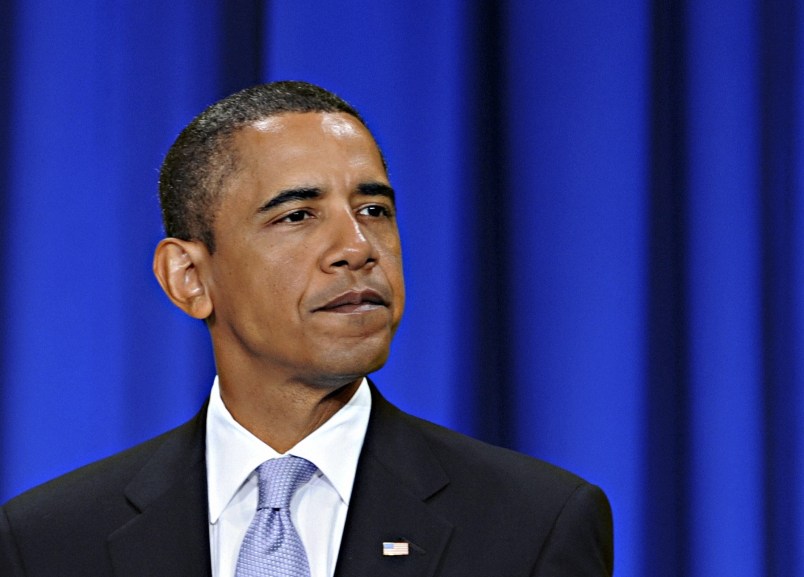Influential Democrats–including SEIU President Andy Stern, and Center for American Progress CEO John Podesta–are beginning to react to last night’s big news that the White House will propose a temporary freeze on non-defense discretionary spending in its 2011 budget. By and large, so far, the reaction is: let’s withhold final judgment until the entire proposal is on the table.
But just last week CAP tax and budget expert Michael Linden put things rather more starkly.
“We face a very large budget gap over the coming decade, and the scale of the problem is such that no one solution is going to solve it all,” Linden wrote in a piece called How to Spot a Deficit Peacock.
“It is going to take a mix of increased revenues, spending reductions, and improved government efficiency to get our fiscal house in order. Those who claim that we could get the budget back to sustainability if we only cut out earmarks, or say that the solution is to simply freeze discretionary spending, are just peddling fiscal snake oil.”
Today, I asked Linden and Podesta how they square their views with the new proposal put forth by the White House.
“So what I wrote was that if they say that all we need to do to balance the budget is freeze discretionary spending, then that is fiscal snake oil,” Linden told me. “If this is the sum total of the president’s plan to get our defifcits under control, then it’s no good.”
“I don’t know if it was the right decision or not,” he said. “I understand why they did it. I think I understand the impetus behind it. I hope that this is just one piece of a larger serious reduction effort that takes into account our current economic circumstances and doesn’t shy away from job creation and spending in the near term.”
Podesta offered a similar characterization. “My own view is that if you just isolate one element of the budget, you can’t really get the job done,” he said at a CAP event this morning. “So I think that there is some merit in what they’re trying to do in terms of making choices between discretionary spending stuff that works.”
“With respect to a longterm path it can not be just–and in that context I stand behind what Michael Linden said–you can’t get from here to there simply on the discretionary spending side, even if you think that’s an important issue,” Podesta added.
It’s a wait and see while hoping for the best approach. Stern largely agrees, but he’s sounding some warning bells.
“If this is what we think is going to provide fiscal discipline we’re just–I don’t think we get the nature of what needs to be done right now, this year to get people back to work,” Stern told reporters today. “The only way to solve the deficit is to have more people working.”
It’s important we see the whole package at some point to make a final decision whether this is just a return to a very limited way of thinking about thing, or its part of an expansive way of figuring out what do we need to do as a country for the next couple years.






